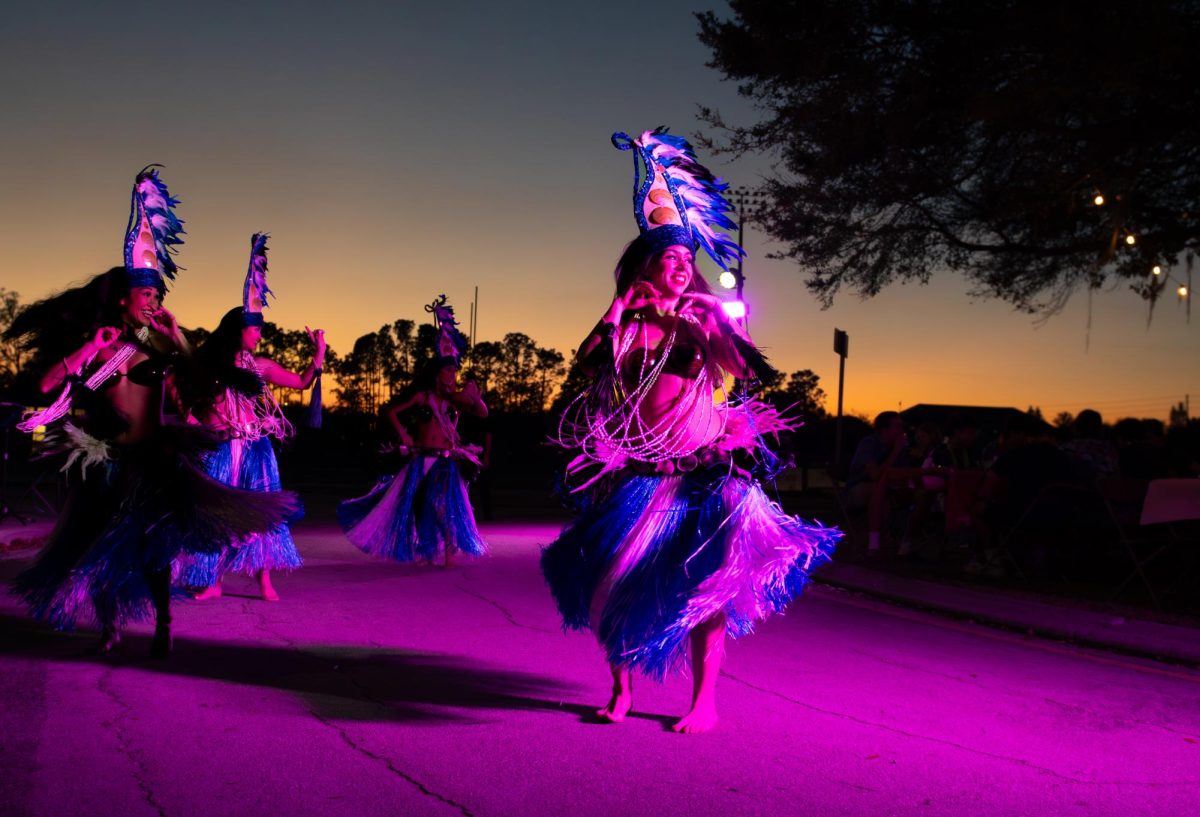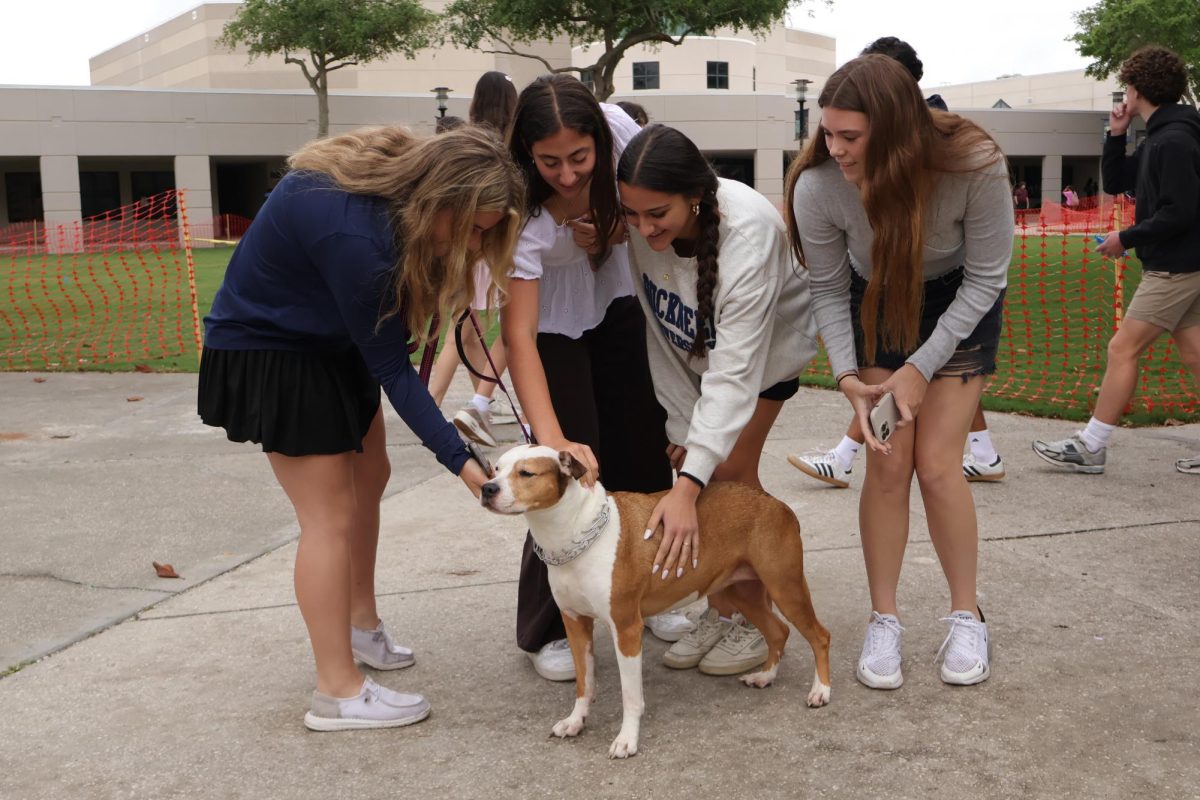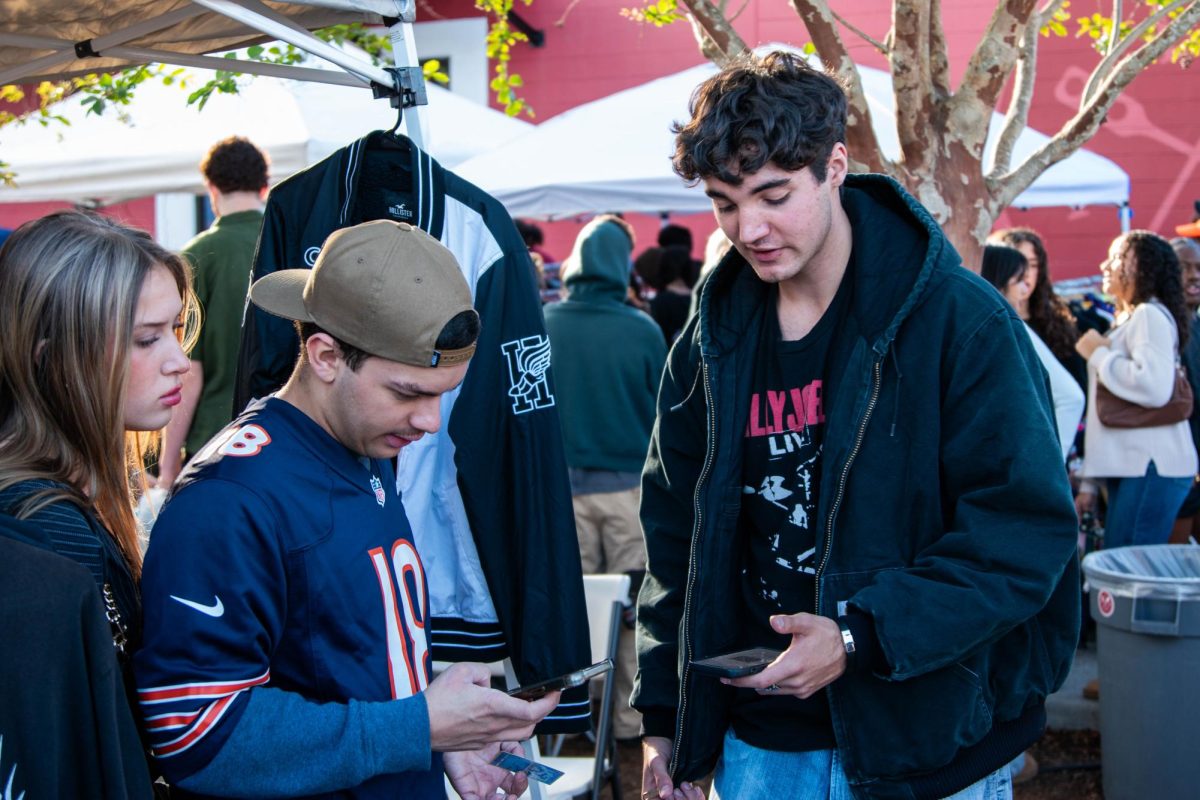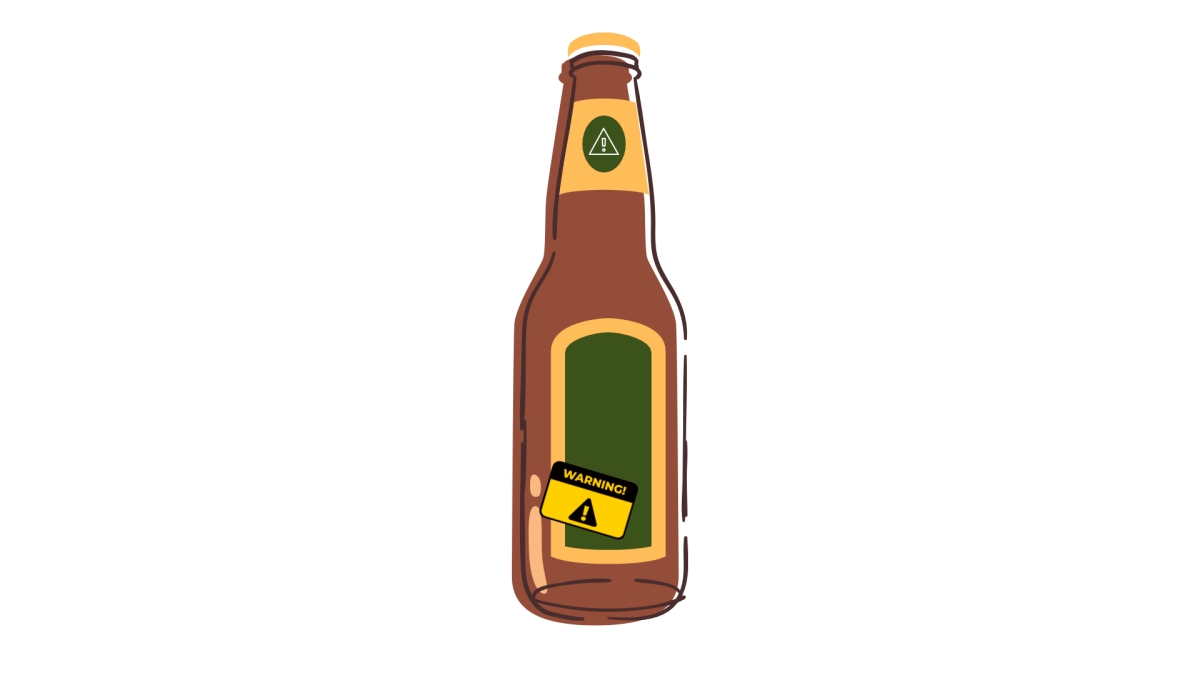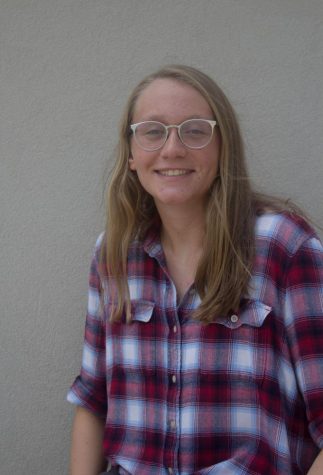Over the last few years, summer has become a resume-building race for many high school students. More and more students are choosing to utilize all the unscheduled time over the summer to complete high school credits, explore future career paths, or beef up their college resumes. Because families have heard about this trend, parents urge their students to spend their summers doing internships at area businesses, taking summer school classes, or at science summer programs at colleges across the country, so that they won’t fall behind in the applications race
There’s nothing inherently wrong with this practice, but it brings up this question: isn’t summer supposed to be a break? Between school, sports, and other extracurriculars, students barely have time to relax and enjoy themselves during the school year. If high school students spend their summers at summer school or other academic programs, that means that they barely have time to themselves.
However, being productive over the summer doesn’t have to be a chore.
“We want students to be purposeful and think of having a productive summer as not building a college resume, but as exploring your interests,” college counselor Stephanie Dryden said.
The other college counselors agree with this sentiment.
“When it comes to planning summers, I advise students to be true to themselves,” college counselor Lester Johnson said. “If you think you’re interested in something, then get involved in something related to that interest. You may find that you don’t like it, or that you love it, or there’s an aspect of it that leads you down a particular path that may not be the path you thought. Knowing yourself and your interests helps you to find out what you ultimately want to do.”
Also, spending summers at sleepaway camp or elsewhere having fun has more benefits than just giving kids a break.
“Camp makes me more confident. Being away from my parents for a whole month out of the year allows me to develop into my own person,” sophomore Teagan Hosbein said. “Going to camp is more about finding myself than doing anything for college.”
This upcoming summer will be her sixth year spending a month at a sleepaway camp in North Carolina.
Though Hosbein goes to camp purely for enjoyment, she doesn’t worry that it may set her back in the college admissions race.
“I do other things, such as rowing, that I think will get me into college. I also have strong academics, so I’m not worried about wasting my summer,” she said.
She also feels that camp will help her in life after college.
“I think that a lot of the development that happens in high school is personal, and you don’t have to share that with the colleges,” she said. “I view going to camp as time for me to find what I like to do and who I am rather than show everyone that I have abilities that other people don’t.”
The college counselors agree.
“Camp helps you grow as a person,” Dryden said.
The college counselors also stress the importance of enjoying your summers.
“So much of preparing for the college process is internal, such as figuring out what students like to do and really being true to what they enjoy, rather than thinking of an activity as it would look good on a resume. It’s a self-reflective process,” college counselor Daphne Olsen said. “Sometimes I think we forget to have fun. You want to make sure that there’s an element of fun in there too, and that what you’re doing is something that you enjoy.”
A balance between resume-building and fun can be found during the summer, allowing for a student to enjoy their summer while not falling behind in the college process.
Hosbein feels that she has found such a balance.
“Next summer I would have to go to camp for two months, which is why I’m taking a year off,” she said. “Instead, I’ll be going to architecture or rowing camps in order to get recruited and boost my application. I want to go back to camp as a counselor the summer after.”






